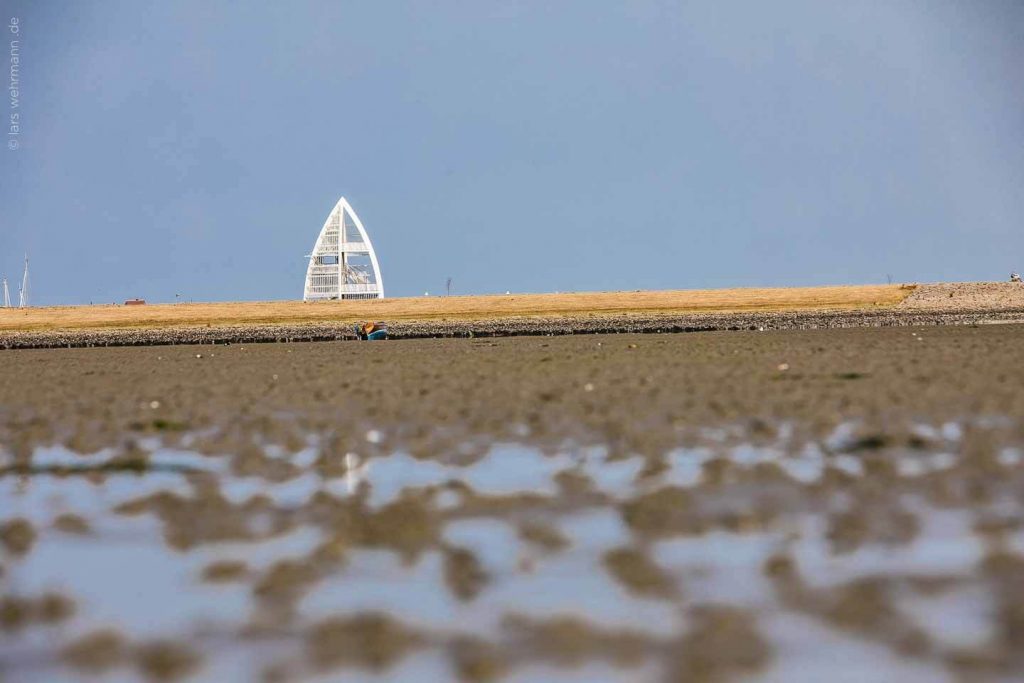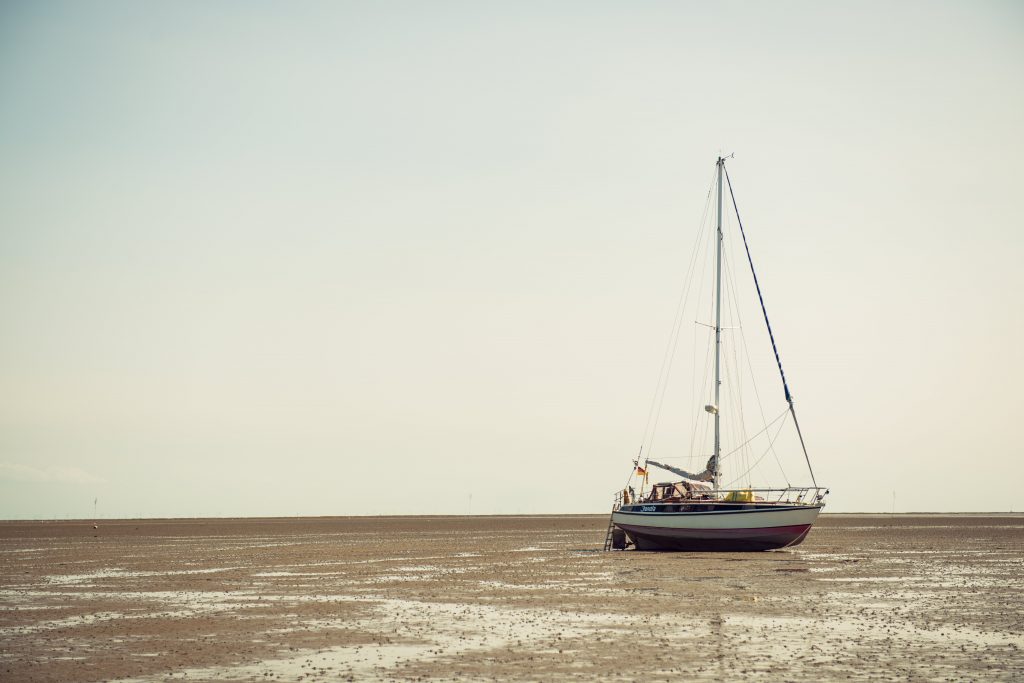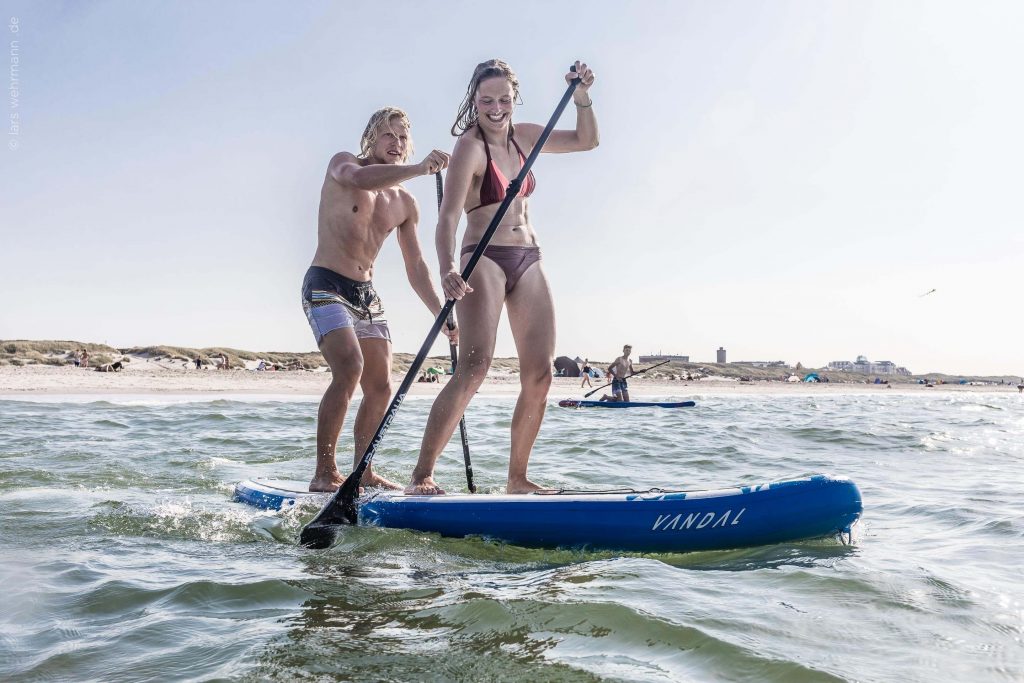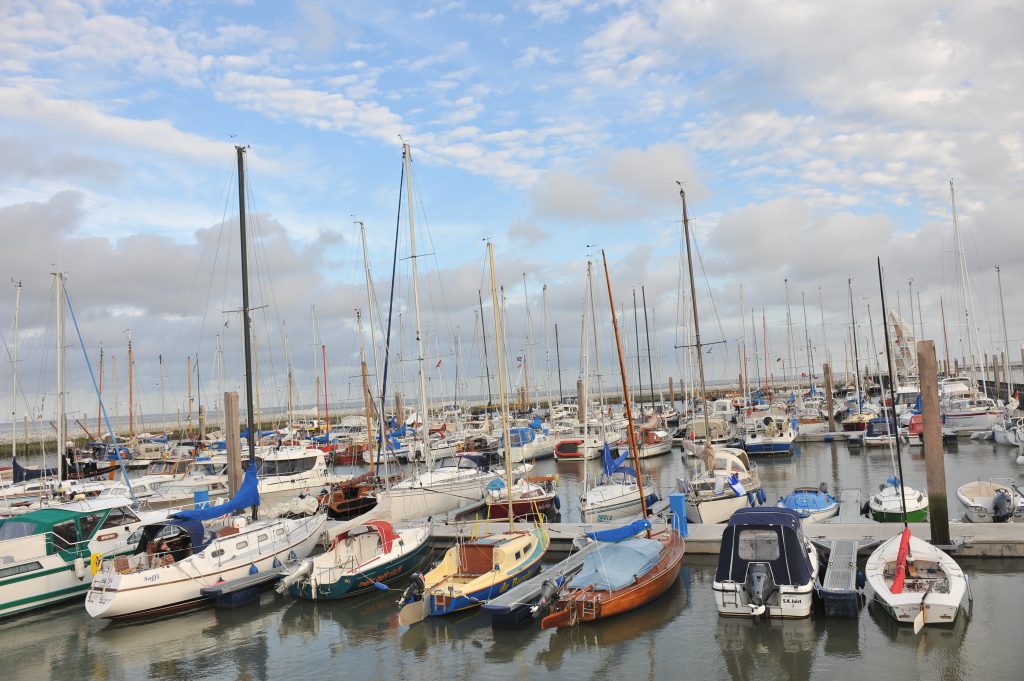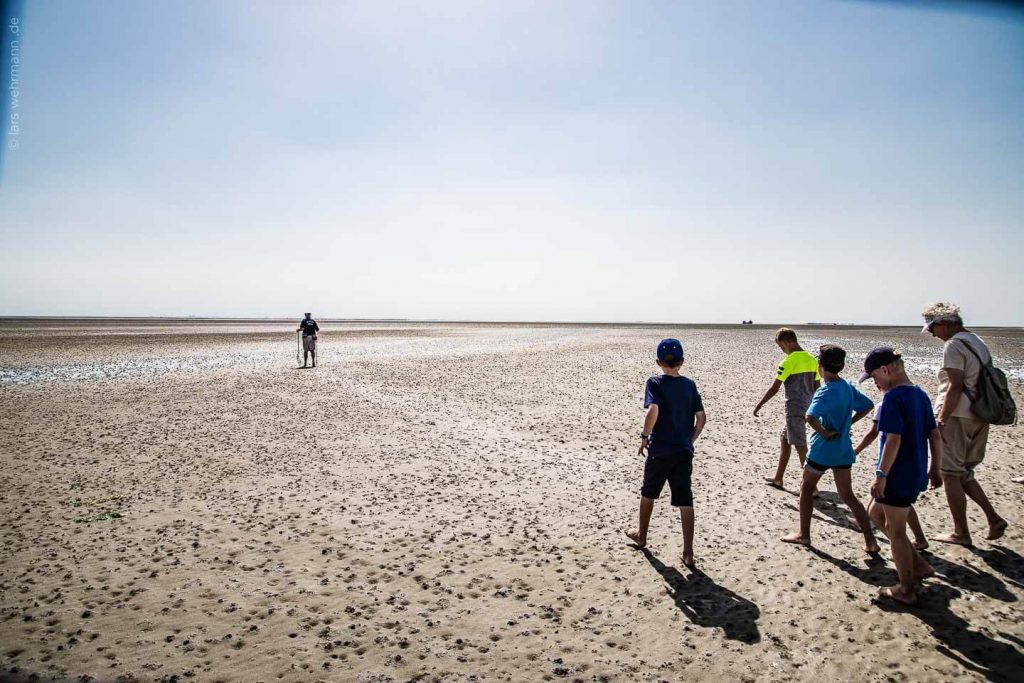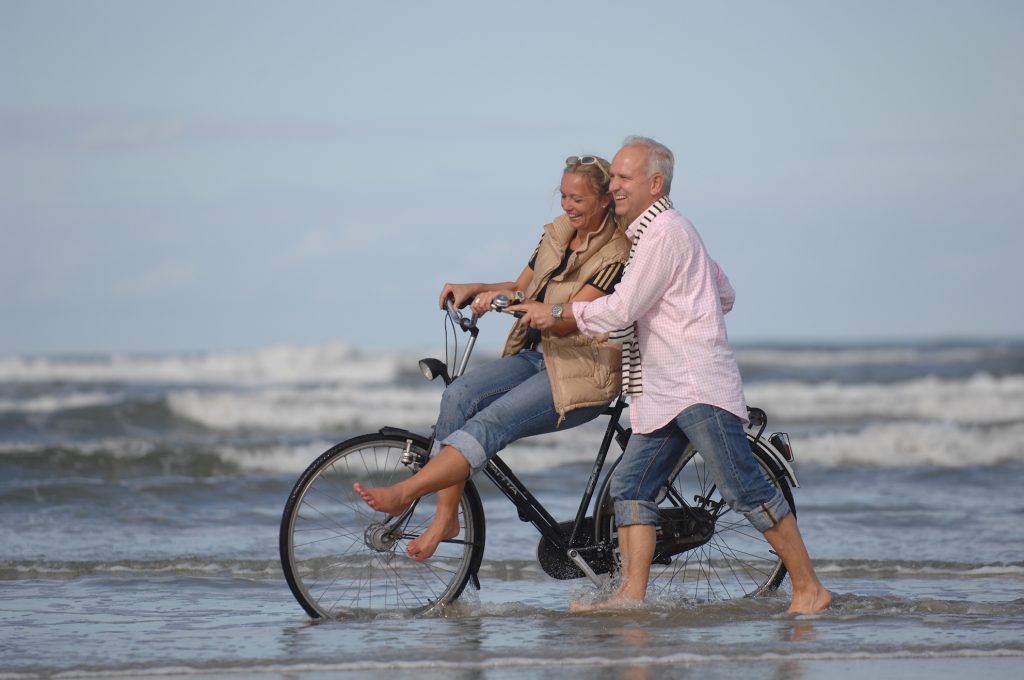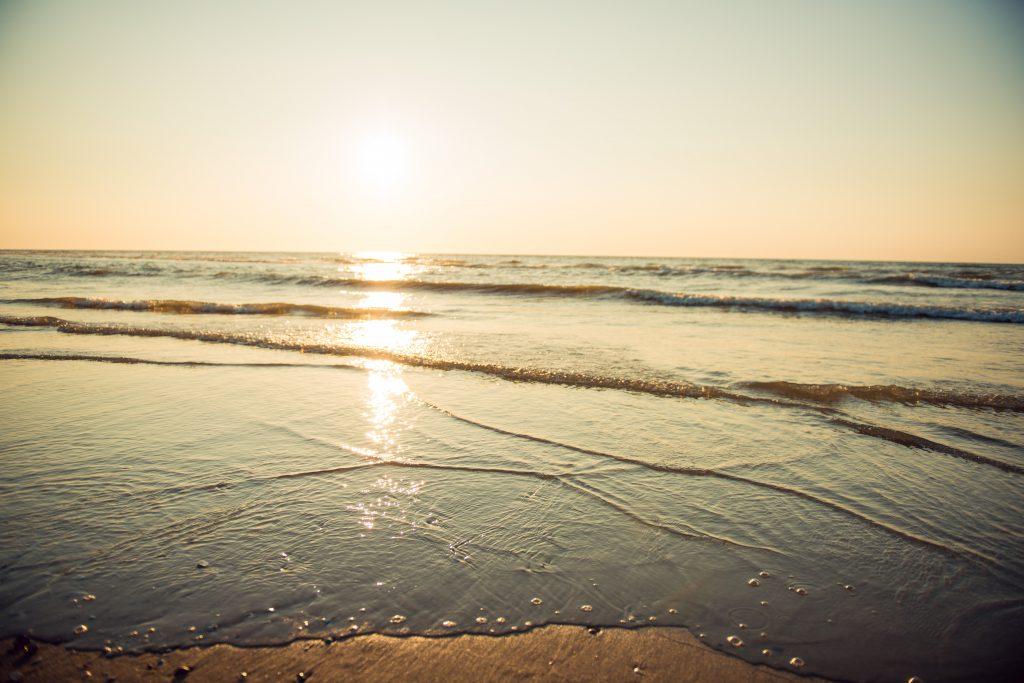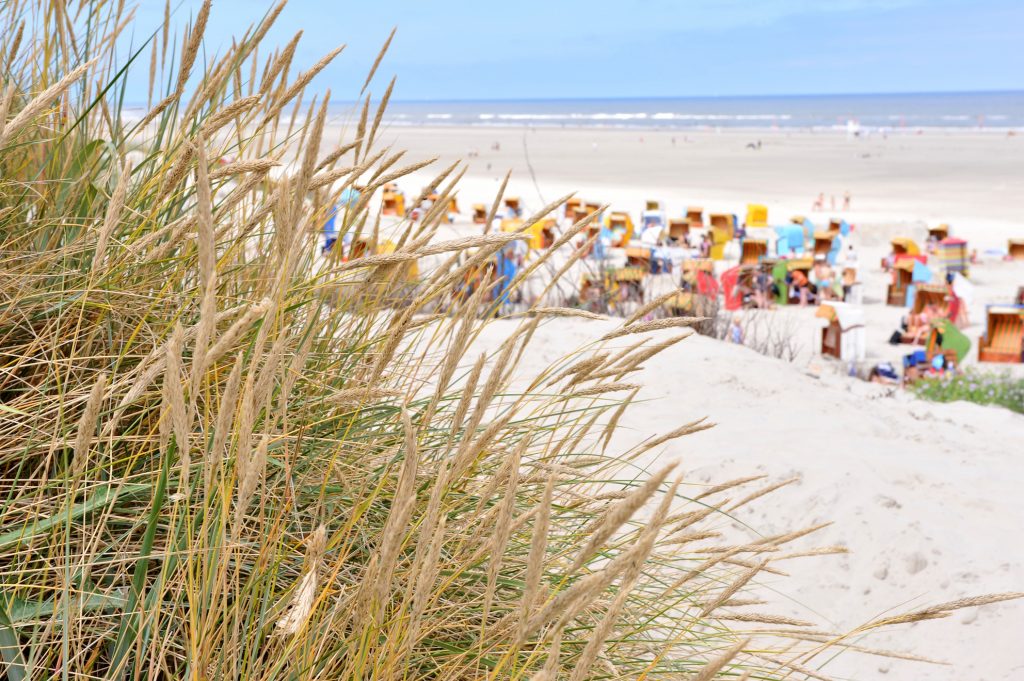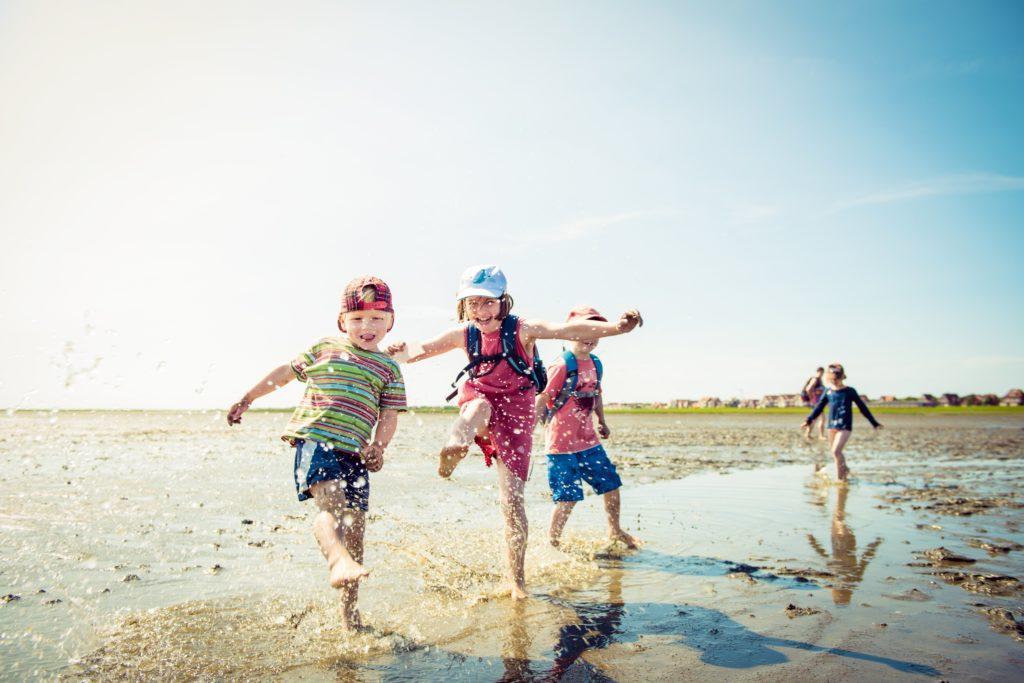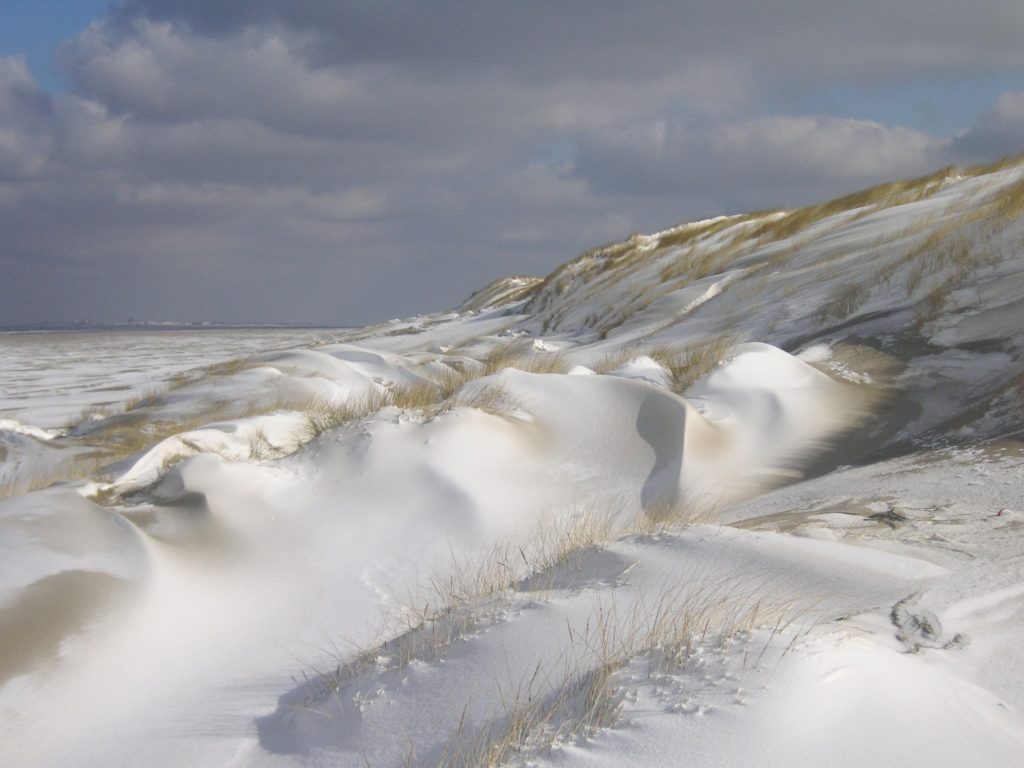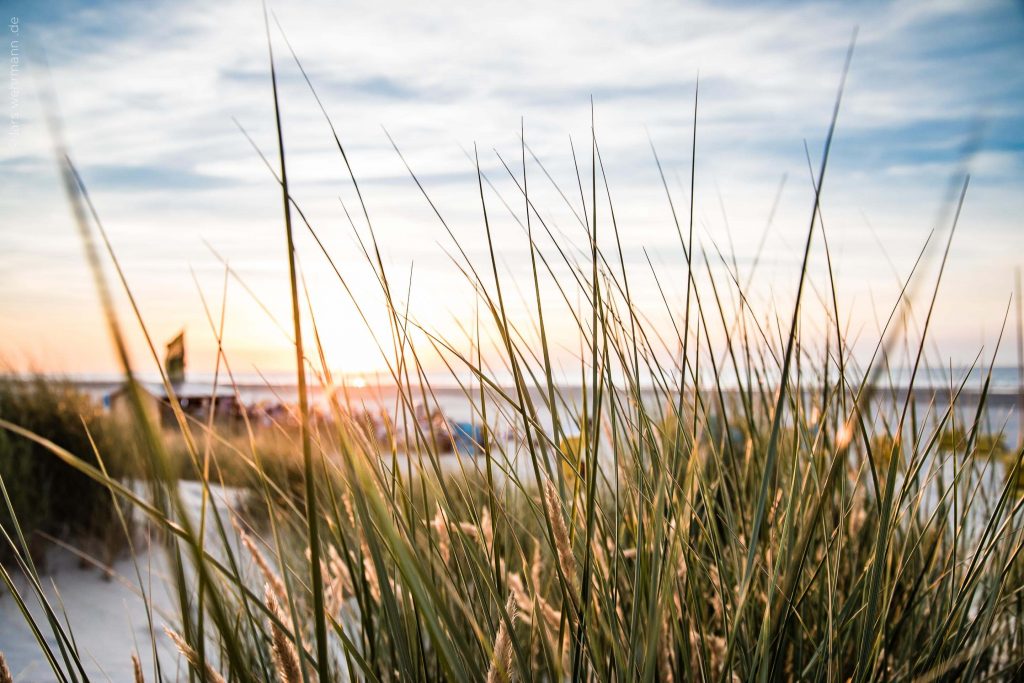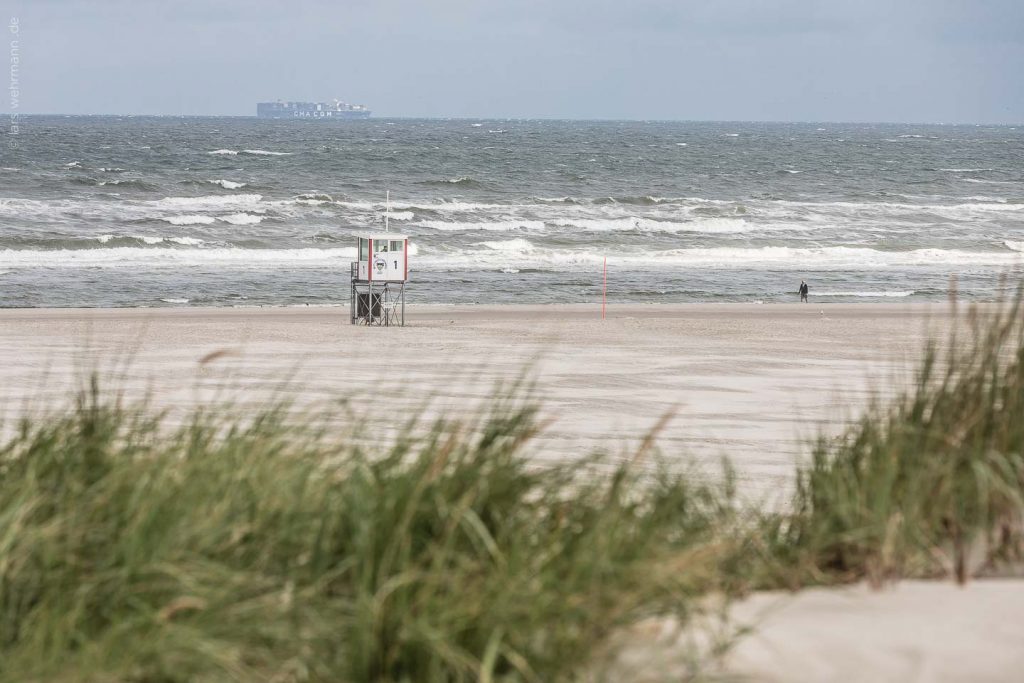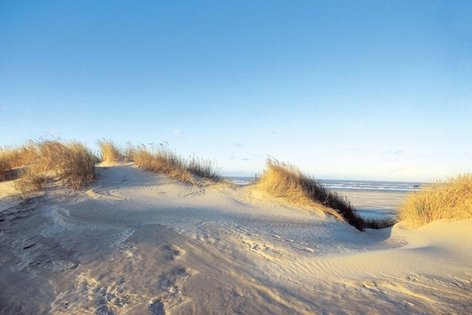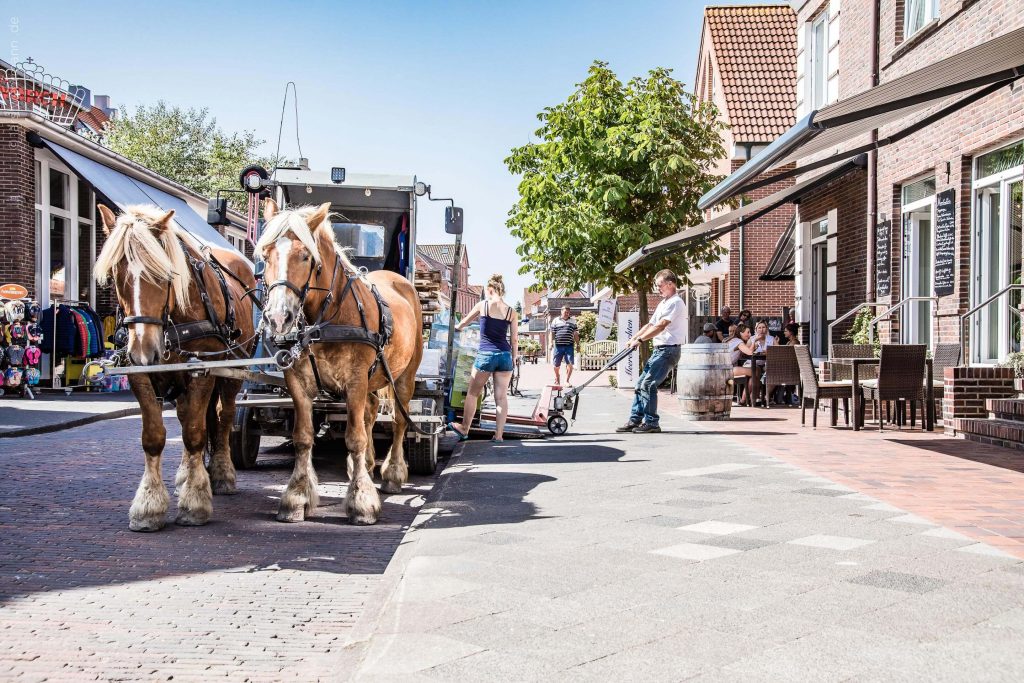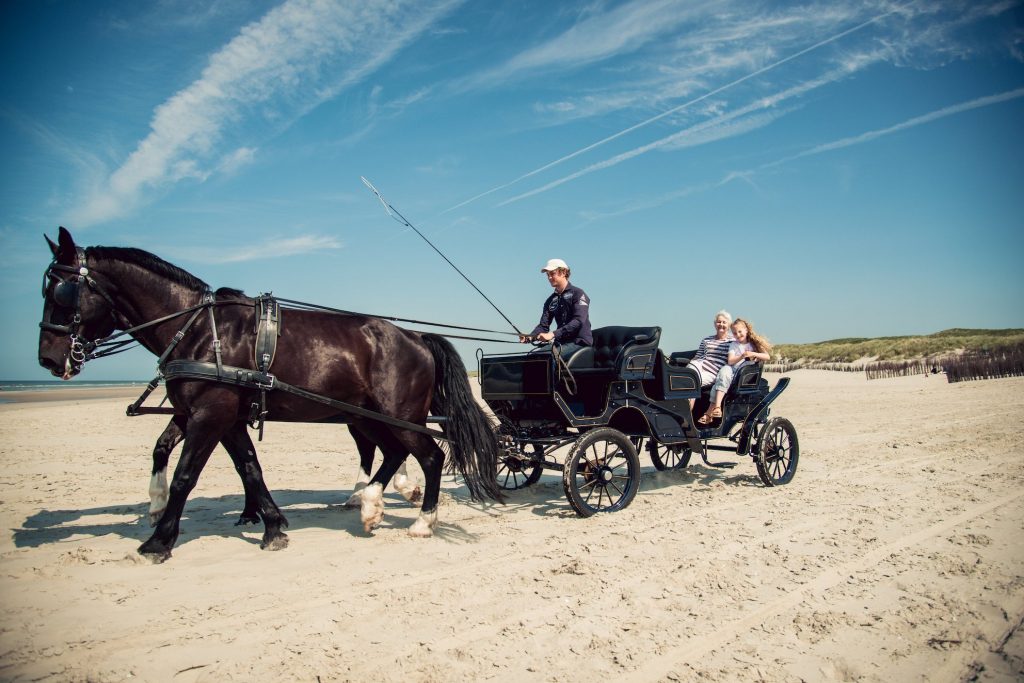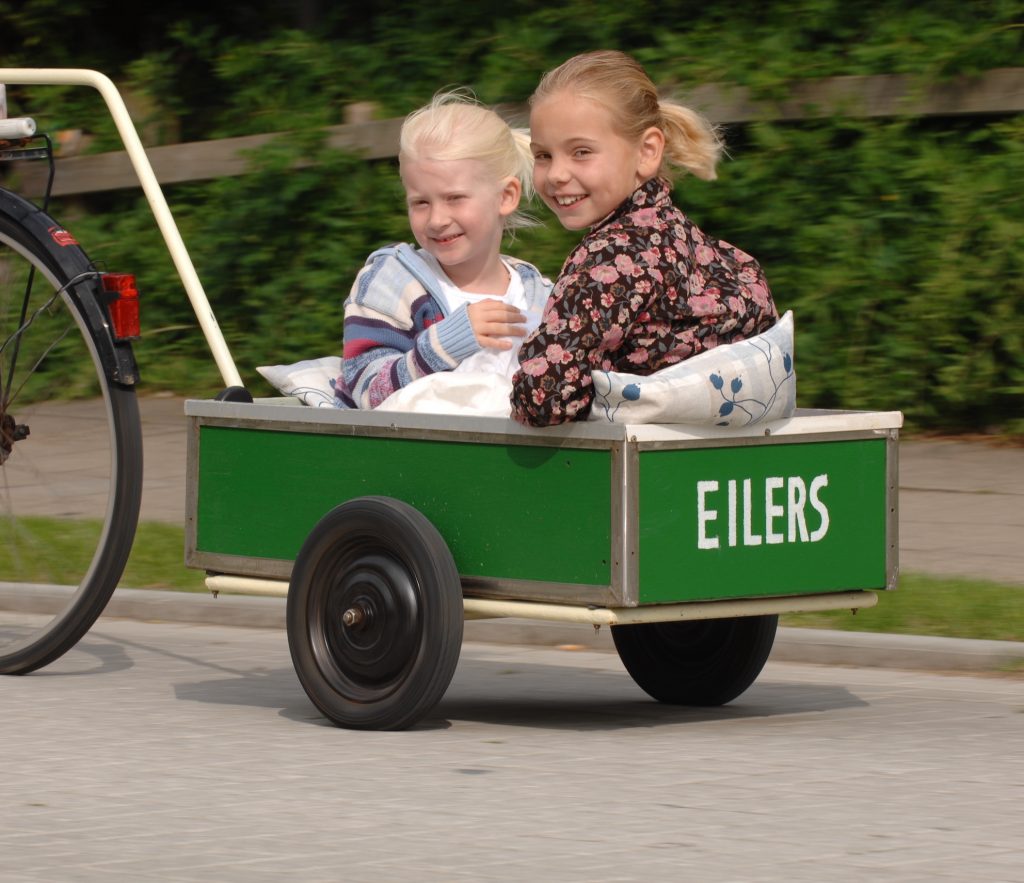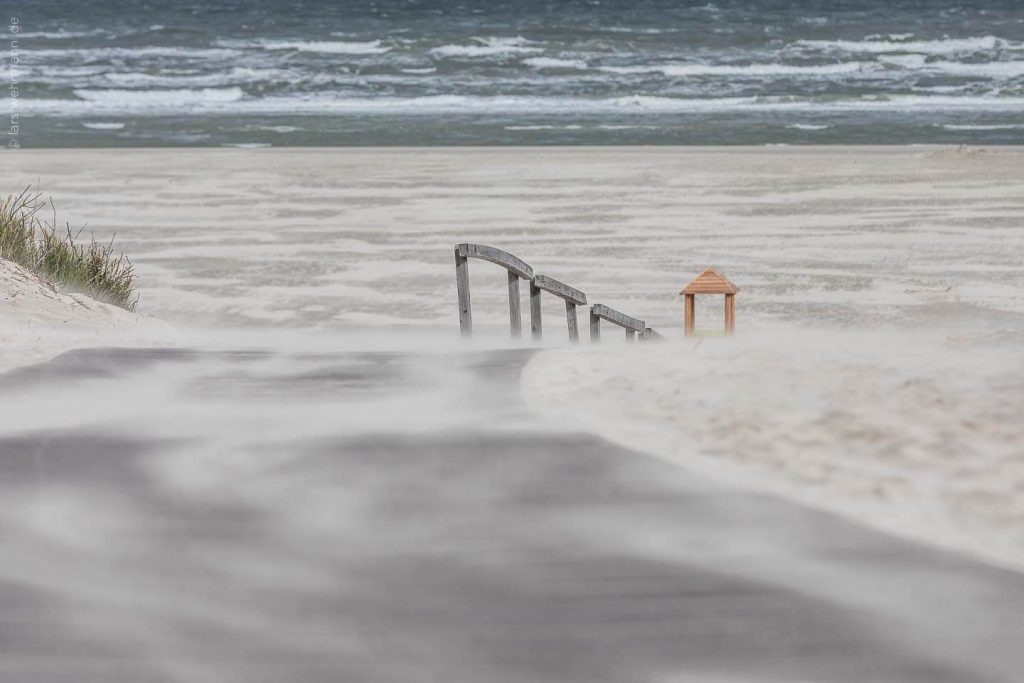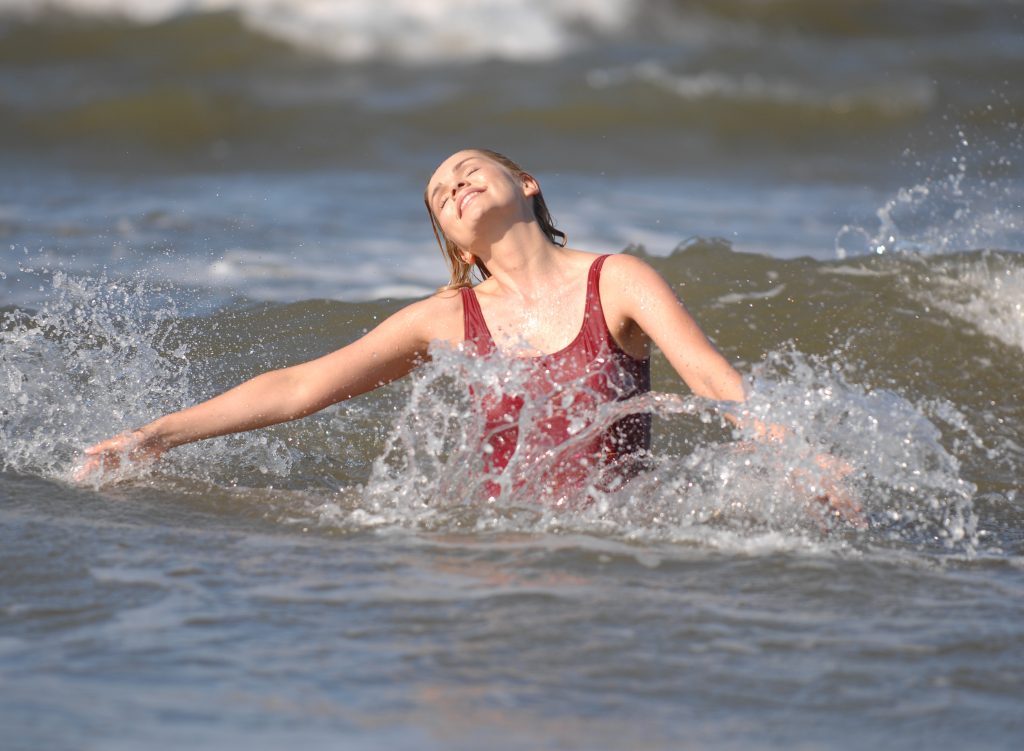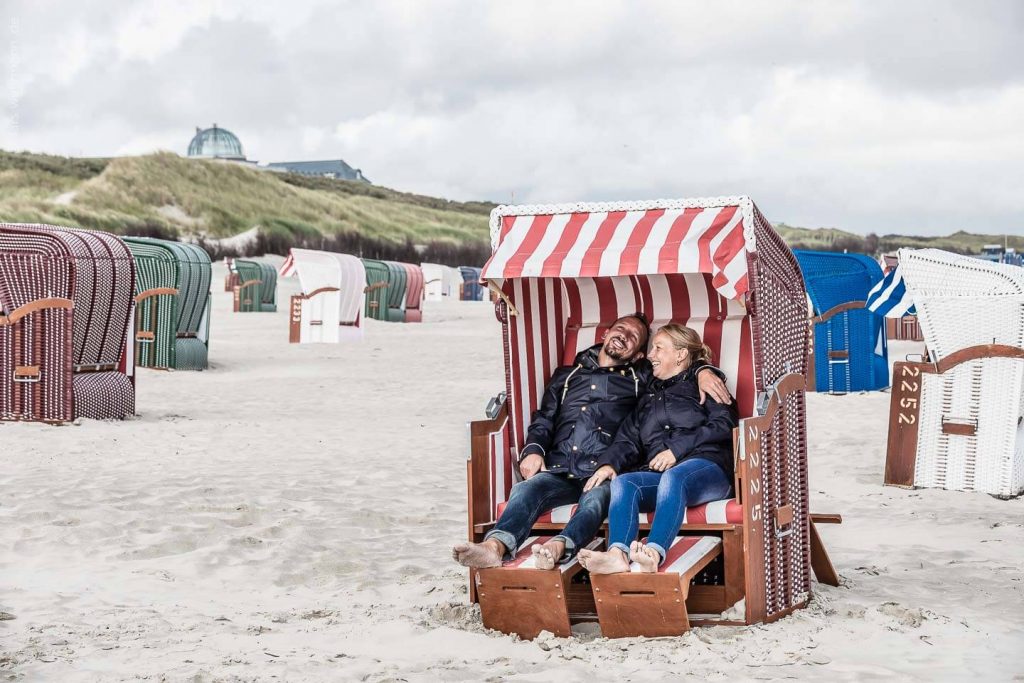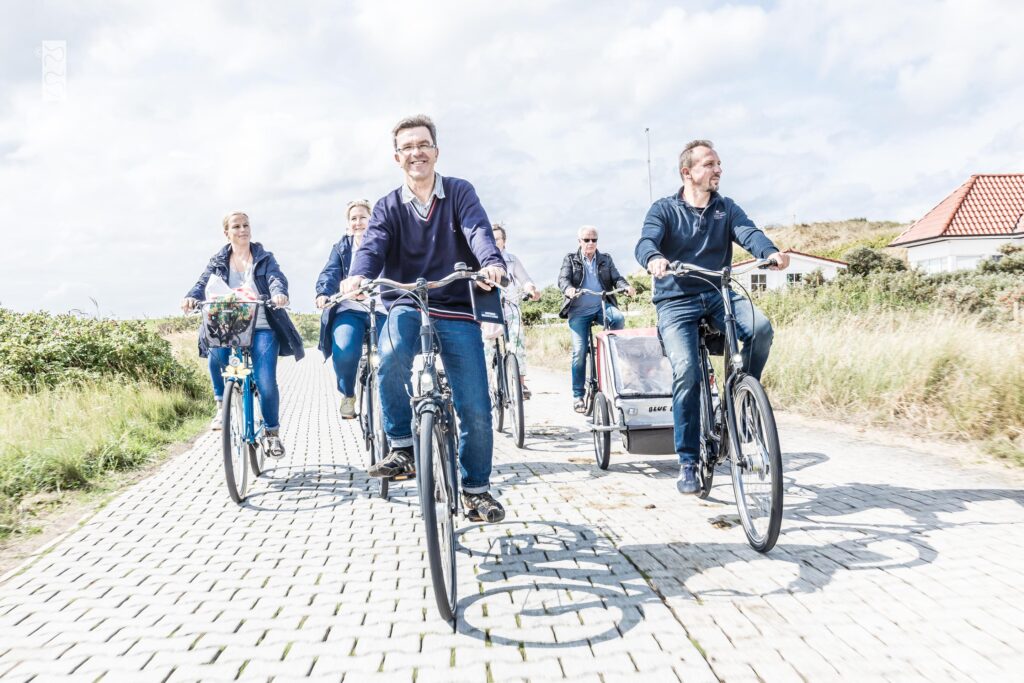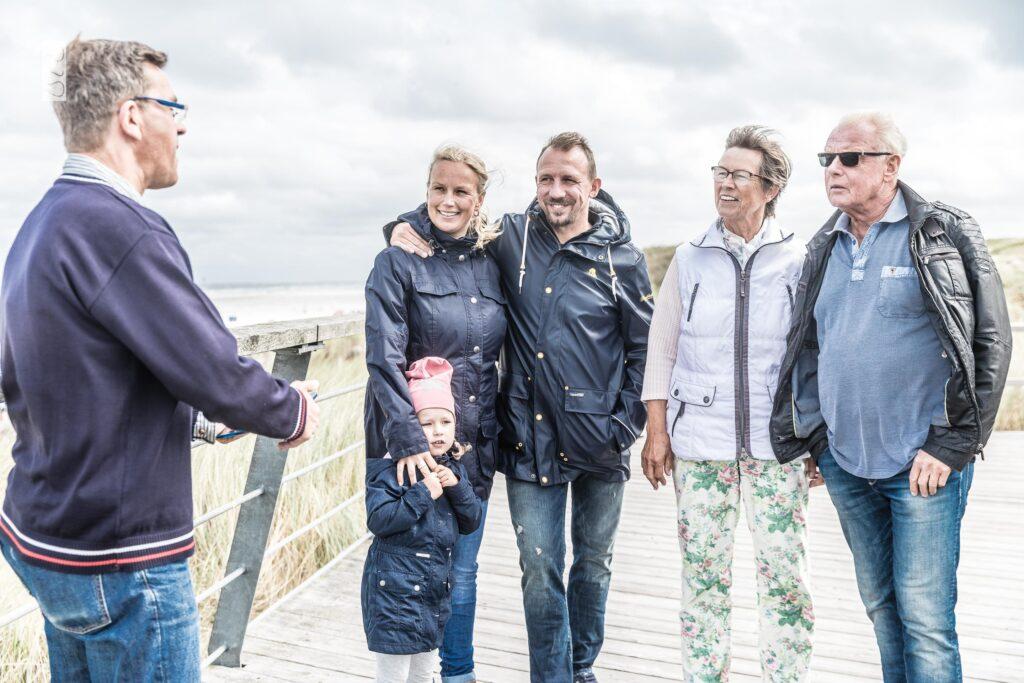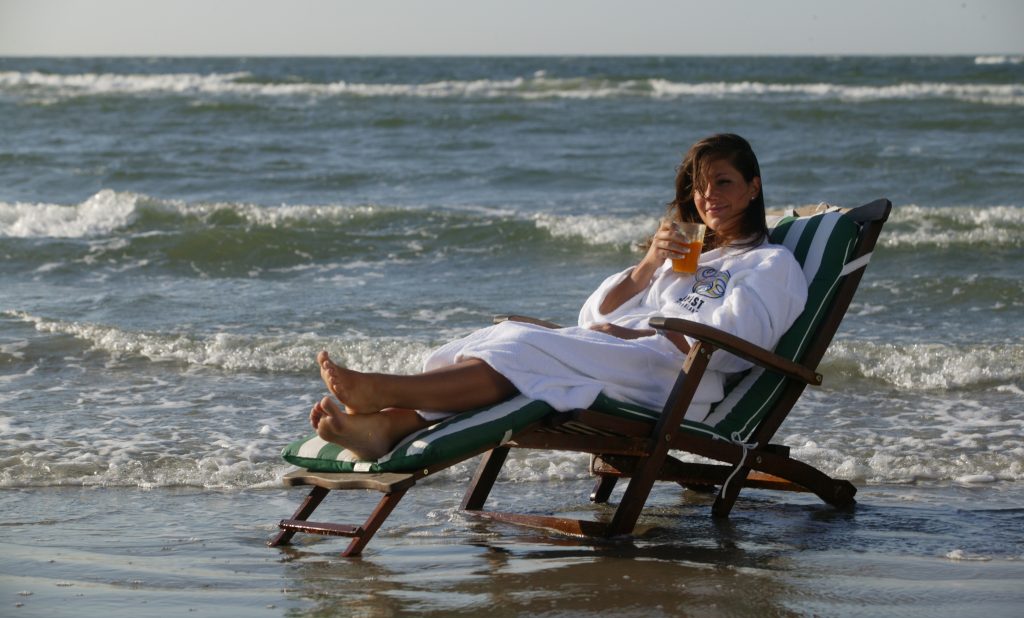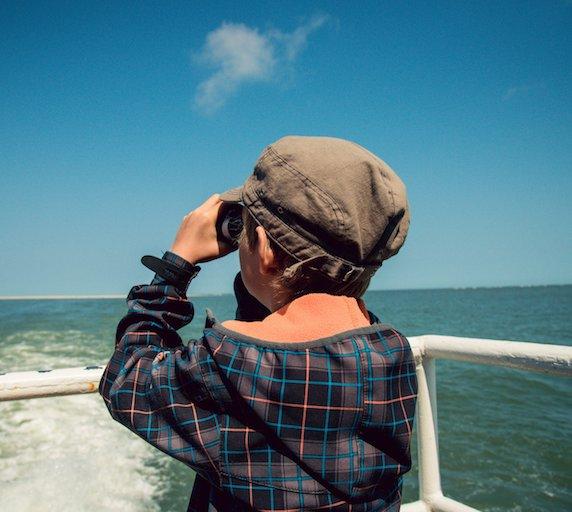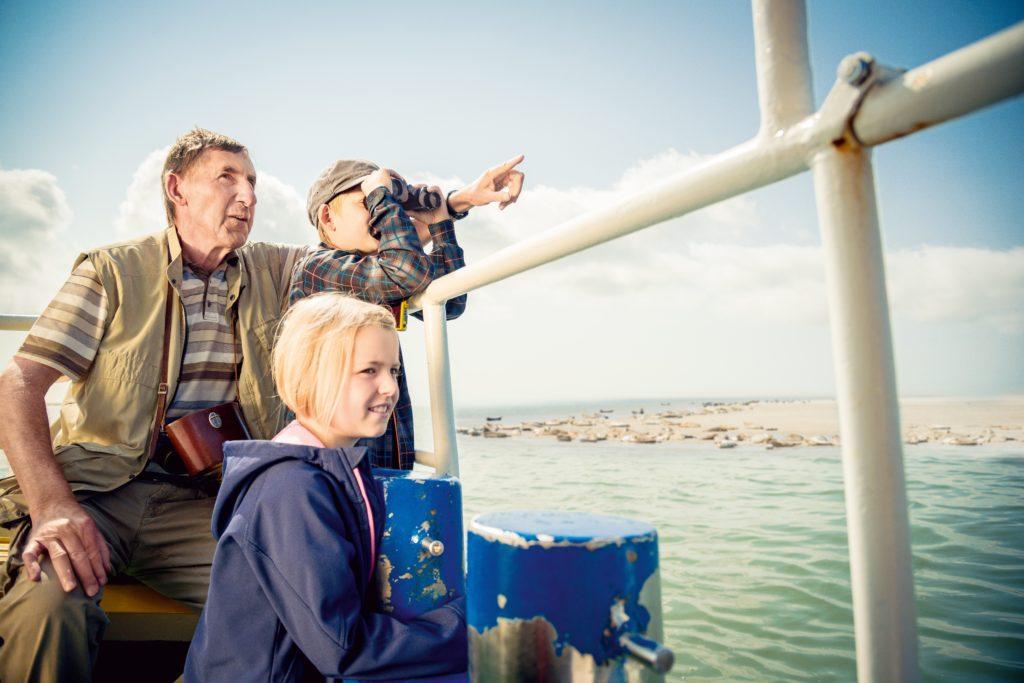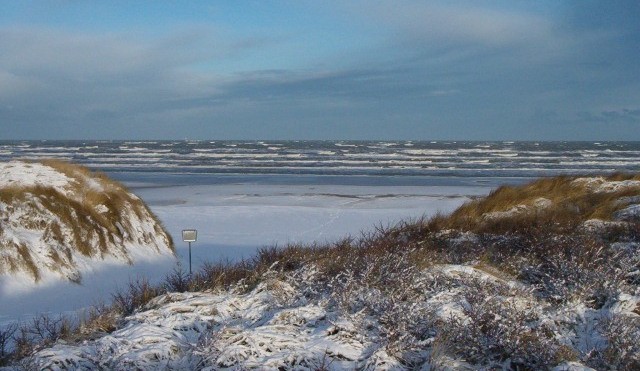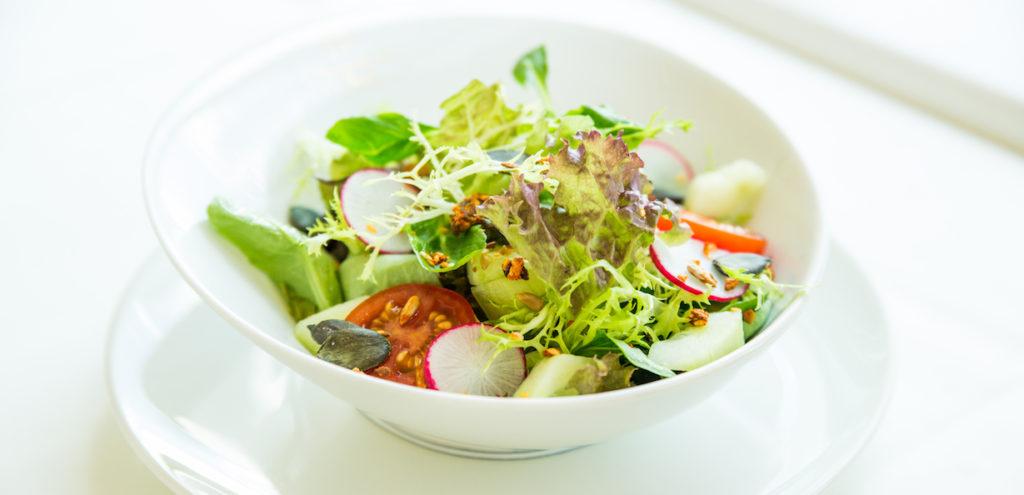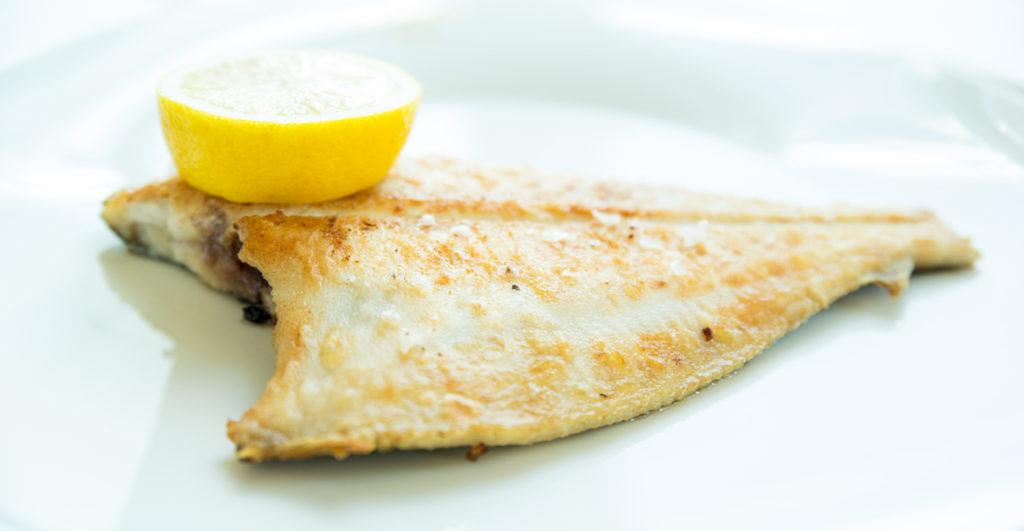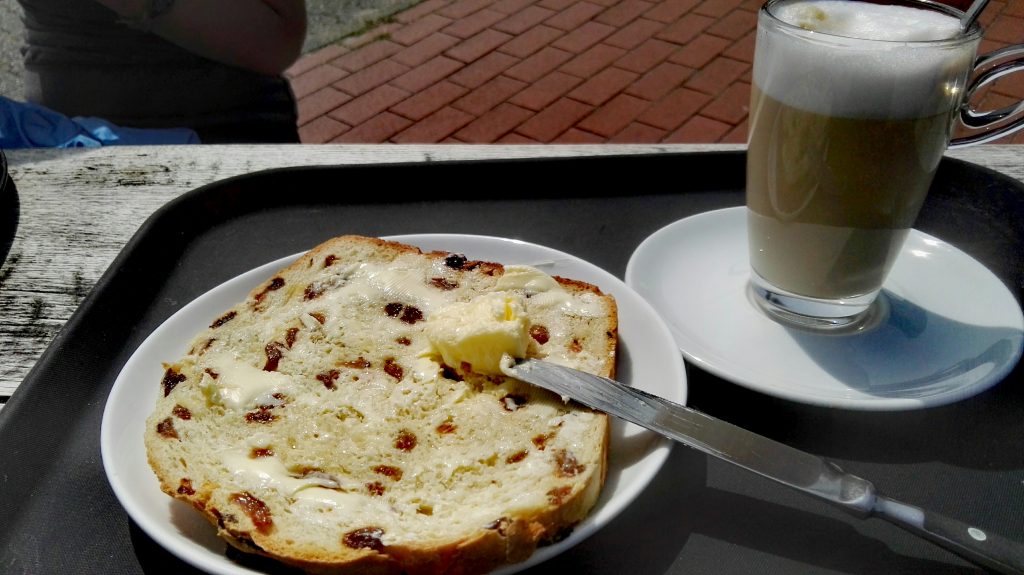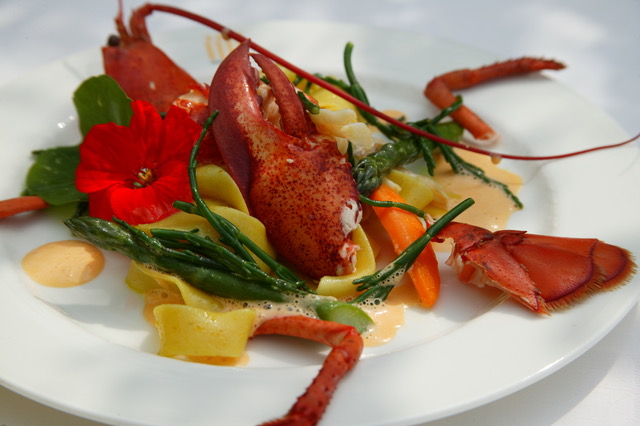Description
The island Juist is located at Lower Saxony’s Wadden Sea in the North Sea. Framed by the islands Borkum and Norderney, Juist is with 17 kilometers the longest of the East Frisian Islands. 1710 inhabitants live on 16,4 m² in total.
The inhabitants call their island "Töwerland", the Frisian word for wonderland. And the name says it all - Juist with its picturesque nature of dunes and sandy beaches and its unique vehicle free approach really is full of wonders. Read more
Highlights
- Mudflat hiking tour at Lower Saxony’s Wadden Sea
- Refreshing bath in the North Sea
- Relaxation at the beach
- Carriage tour on the vehicle free island
- Bike tours and hikes through nature
- Water sport activities such as kite or wind surfing
- Regional culinary indulgence
- Nordic Walking
environmental protection
being local - authentic experiences
giving back
cultural commitment
A brief History of Juist
Juist was first officially mentioned in 1398. The name of the island probably comes from güst, meaning „sparse, infertile“, which the island indeed was for a long time. Today, the description “most beautiful sand bank of the world” is often connected to Juist.
A dream summer on Juist
On the island of Juist kids and grown up alike can enjoy a dreamlike summer with a lot of cultural and sports activities.
During the Juist festival you can enjoy more than 30 bands on stage playing Rock, Pop, Jazz and Rap. From June on Classical concerts and Boogie Woogie compositions will be presented in the Haus des Kurgastes.
Threats for Juist due to Climate Change
The consequences of climate change do not spare the small island located in Lower Saxony’s North-Sea. But the Juist residents know how to counteract. Juist adjusts to climate change by e.g. heightening the dikes, as well as preventing further climate change development by reducing greenhouse gas emissions. In order to counteract the dangers of rising sea level and storm tide, Juist declared its goal to be climate-neutral by 2030.
Car free island
On the car free island Juist, one particularity is that goods and people are transported with carriages instead of motor or electric vehicles. Also the waste collection is managed by horse-drawn vehicles, and solely for the distribution of packages the post service is allowed to use electric vehicles.
Exclusively physicians, the German Red Cross and the fire department are allowed to use motor vehicles, the police takes the bike.
Travel green and enjoy
With your visit on the island of Juist, you support sustainability without having to renounce.
Juist promises deceleration and delights with a great number of leisure opportunities. Get active at the beach and try Nordic Walking, Beach Volleyball or a bike tour along the beach.
Juist Unplugged – Bicycle tour to sustainability.
A tour behind the scenes of the town – and all that on a bicycle. For this, the action was even awarded the prize “Tourism with a Future” of the state of Lower Saxony.
Kneipp Therapy
Real inhabitants from Juist also go swimming in autumn, because the East Frisian sea is indeed fresh, but also healthy. With the climate therapy, guests get the chance to gradually get used to the stimulative climate of the North Sea with the help of therapeutics
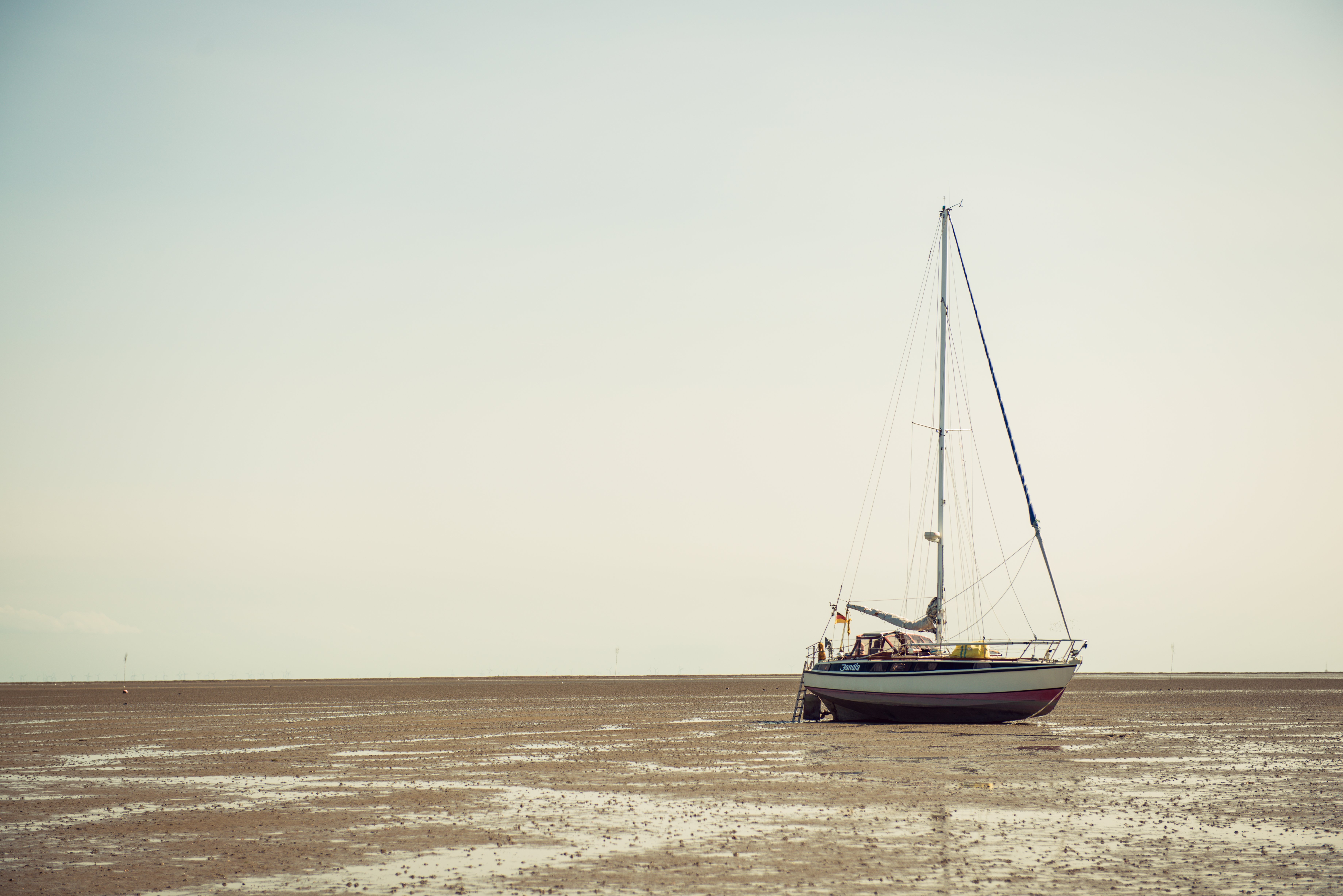
Smart Islands Forum
Even if Juist is doing a lot regarding sustainability, it is a matter of necessity to continually develop and improve. A good way to do so, is to get inspiration by what other islands do.
What do others do better, what actions can be adopted or which points can be realized collaboratively?
Children’s university
Every year in summer Juist organizes the children university. Already the small guests should be sensitized for the subject sustainability. The attitude of the next generation is crucial for the future in respect of the climate protection and a sustainable life-style.
And that “green life” is anything but dull, is shown by the exciting talks and diverse games regarding the subject climate change, climate protection and sustainability.
Tasty and healthy: Juist’s drinking water
Juist disposes of an autonomous water supply. Under the island lies a freshwater lens, which is tapped alternately by several wells.
Once the water reaches the water company it is processed there with the least possible amount of chemistry. This procedure is subject to strict juridical regulations and is continuously checked.
Slow Food on the island
Slow Food also is a subject on the island. Since decades, Juist as the smallest and longest of the East Frisian Islands lives the Slow Food philosophy and shows how sustainability works: The person respects and conserves the nature.
Quick Check: Climate Island Juist
- Facts
- Reasons
- Goals
- Strategies
- Concept
- Juist Certificates
Facts
Juist was one of five regions that have taken part in the pilot project „Kuntikum-climate trends and sustainable tourism development in coastal and highland regions”. This was promoted by the Federal Ministry for Education and Research of the Leuphana university of Luneburg as well as the meteorological institute of the university of Freiburg. As a result, Juist developed the wish to become climate-neutral.
Climate-neutral until 2030
Supported by the Sylt declaration, in which the Ministers of Environment of Denmark and Germany decided that also the mud flats as a world cultural heritage should become climate-neutral until 2030.
Reasons
Juist is extremely threatened by the climate change due to its location in the midst of the North Sea. The island needs to deal with the increase of the sea level as well as more often occurring storms and floods. The dune demolitions in the west are a massive danger for the island.
As this is directly associated with climate change, the goal of Juist and also the other islands and coastal places is to lower the impacts through a comprehensive sustainable strategy.
Goals
Climatologists have determined “2 centigrade” as a goal, meaning that the earth temperature should not rise more than 2 degrees in order to minimize the effects of climate change.
Numbers
Every German emits currently approximately 11t CO2. To be able to achieve the “2 degrees”-aim, only 2t CO2 are permitted. In 2010, the inhabitants of Juist as well as guest (including travel) consumed approximately 16,14t CO2 per inhabitant. Multiplied by 365 days, the average value is 6.42t CO2, which is significally below the German average value.
Strategies
Adaption Strategy – This strategy aims to counteract climate change, e.g. heightening of the dykes aims to protect the island from the rising sea level
CO2 Avoidance Strategy– The purpose of this initiative is to avoid greenhouse gases, so that the aim “2 degrees centigrade” can be achieved.
The touristic mission statement of the island Juist is based on the project Climate Island. In 2010, Juist developed the guidelines together with the inhabitants of Juist.
„Juist the friendship for life“
Juist offers the best feeling of „coming home“. Töwerland is the number 1 of all East Frisian Islands and throughout Europe leading on the subjects beach, nature, sustainability, and social experiences.
Concept
The mission statement encloses the following areas
- World Nature Heritage Mud Flats
- Professionalism and quality
- Families at Juist
- Barrier free
- Cleanness
- Carfree
- Horses
- Events
- Security
- Regular Guests
- Generation problems and village community
- Tide dependence
- Change
- Tradition
- Day Tourism
- Authenticity
- Strong Gastronomy & Trading
- Touristic development
To realize the vision „Juist as a friendship for life“, also strategical subjects are defined besides the guidelines. With the implementation of those defined projects, vision should become reality.
- Cooperation with EWE
- Swimming/ Beach with the project “sauna facility + beach sauna”
- Communal experience with the top project “exchange experience of the inhabitants”
- Service with the project TöwerCard
The project „Climate island Juist“ is secured through the tourist mission guidelines and is supported by the inhabitants, hence the development is guaranteed.
Juist Certificates






